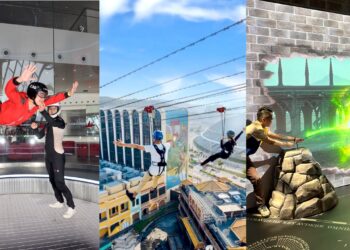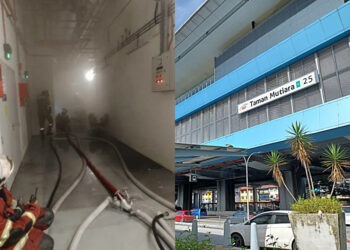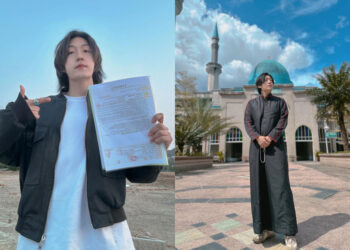A new set of rules came into play following the extension of the Conditional Movement Control Order (CMCO) which was enforced this week.
The one that got the most attention is the fact that interstate and inter-district travels are now allowed as it has never been permitted in previous CMCOs.
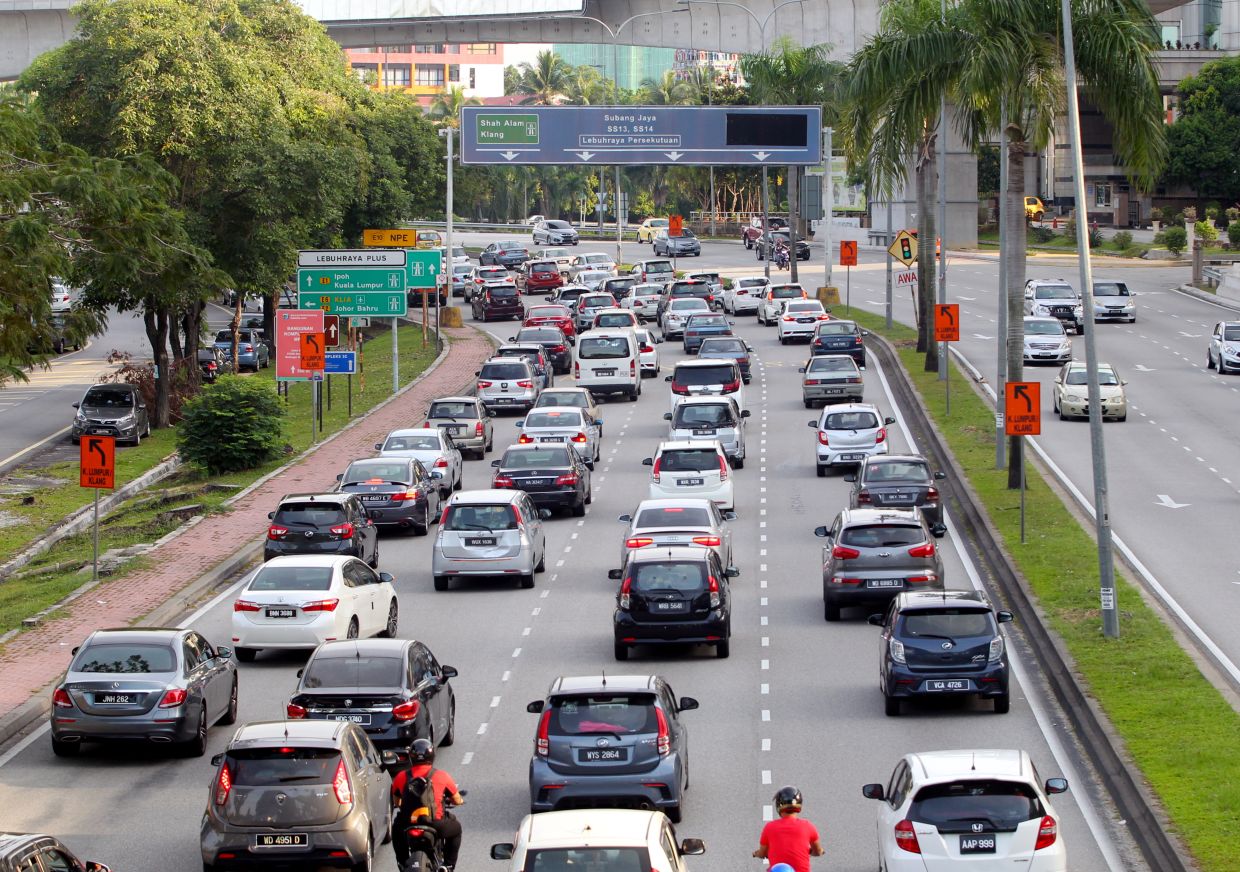
People have mixed feelings about the travel ban lift, but let’s focus on what we can and cannot do during CMCO 3.0. Check out the guidelines below:
1. Interstate and Inter-district travels are no longer banned.
Travel is only restricted when travelling to and from Enhanced Movement Control Order (EMCO), where it is only allowed (with police permission) in the case of emergencies such as medical treatment or death.
2. Passenger limit will depend on the vehicle’s capacity.
There will no longer be a limit for private vehicles and the number of passengers will depend on the vehicle’s capacity. Public transportation can also operate based on vehicle capacity (taxis, e-hailing, buses, etc.)
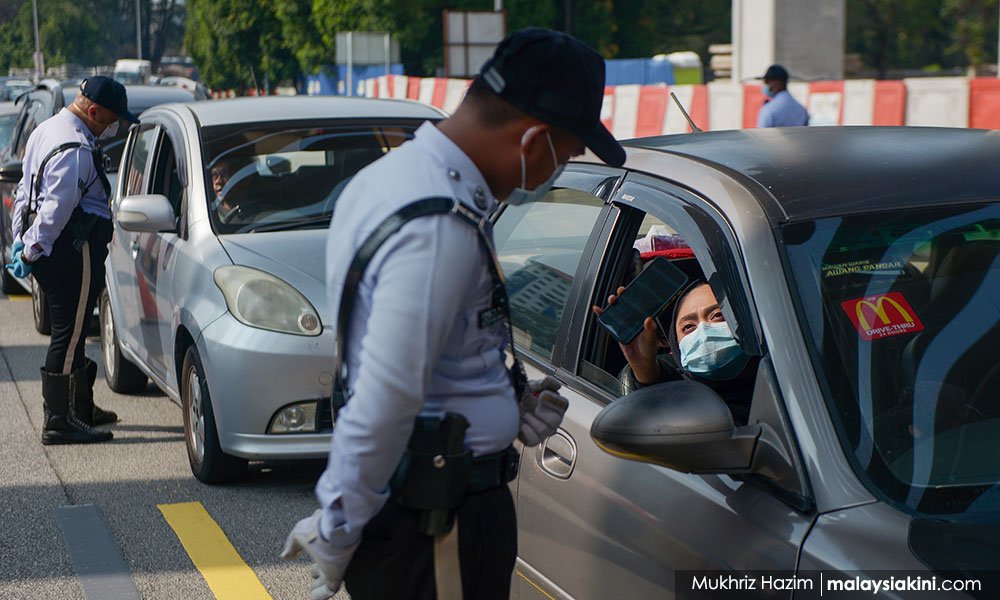
3. Businesses to operate between 6am to 12am.
Businesses for daily necessities including supermarkets, shopping malls, grocers, laundromats, petrol stations are allowed to operate between 6am to midnight. Farmers markets and night markets can also operate to midnight, under the watch of authorities.
Pharmacies will be open from 8am to 12pm, while clinics, hospitals and petrol stations along highways, will continue to open for 24 hours. For Sabah, all businesses are required to close at 10pm, except eateries which can close at midnight.
4. Restaurants and food delivery services to operate between 6am to 12am.
Dine-in and food delivery can be done from 6am to midnight.
5. Dine-in limit is based on the table size.
There must be a 1m social distance between customers based on the table size but no table limit were stated in the guideline. For Sabah, dine-in is permitted but tables can only seat half the capacity (eg. A table for four can only seat two people)
6. Meetings for work and official purposes are allowed at half capacity.
Official and work meetings at offices, hotels, or other institutions are allowed but the meeting room must not have more than half the capacity. Social distancing measures must be taken and face masks must be worn.
7. All education sectors are closed (except International exams)
Schools, colleges and universities will stay close and continue Open and Distance Learning (ODL) except for students taking international exams
8. Tuition, music, dance, and language classes are allowed in green zones
These types of classes can only operate within green zones. Child cares, nurseries and kindergarten can also operate with authorities’ permission.
9. Conferences and seminars can only take place in green zones.
Conferences, seminars, training workshops, lectures and exhibits can only take place within green zones. On the other hand, service training can only be done at training institutes.
10. Only non-contact sports activities are allowed.
Both indoor and outdoor non-contact sports are allowed, but contact sports are still not permitted. Social distancing is required for both static activities (1-3m distance) and dynamic activities (3-5m distance) Public sporting facilities can operate at a 50% capacity.
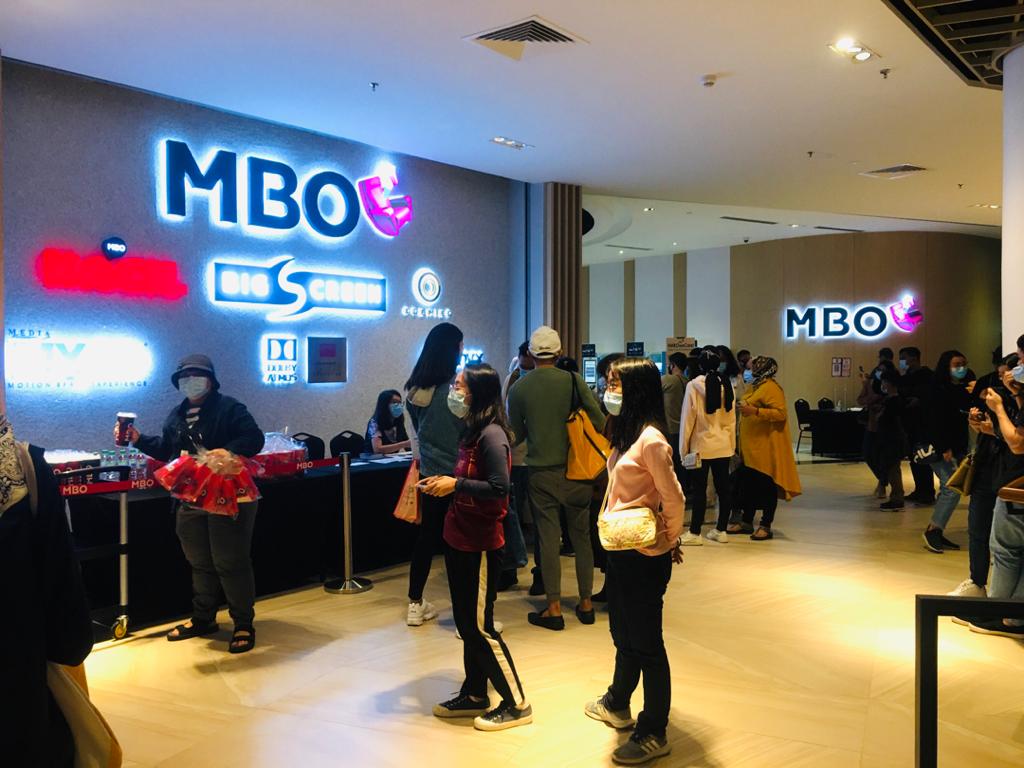
11. Cinemas, indoor playgrounds, and theme parks are only allowed in green zones.
Cinemas, theme parks, and indoor playgrounds are allowed to operate in green zones. However, concerts and live events with an audience are not permitted. Nightclubs are also still banned from operating.
12. Social gatherings are not allowed.
Any kinds of social gatherings such as feasts, ceremonies, receptions, birthday parties and more are not allowed.
13. Marriage solemnisations ceremonies are allowed with a limit of 30 guests.
For Muslims, Marriage solemnisation ceremonies or “akad nikah” at Islamic Department Offices are allowed. For non-Muslims, marriage solemnisation ceremonies can take place at National Registration Department, associations buildings and house of worships.
Up to 30 guests are allowed depending on the limits set by state religious authorities or the space available.
14. Mosques, Suraus, and non-Muslim houses of worship allowed to open.
Activities at mosques and suraus are allowed to take place within the limits set by the state religious authorities. On the other hand, non-Muslim houses of worship can open within the limits set by the Health Ministry (MoH), National Security Council (MKN), or state government.
Check out this easy-to-refer infographic made by MalaysiaKini for the CMCO 3.0 guidelines:
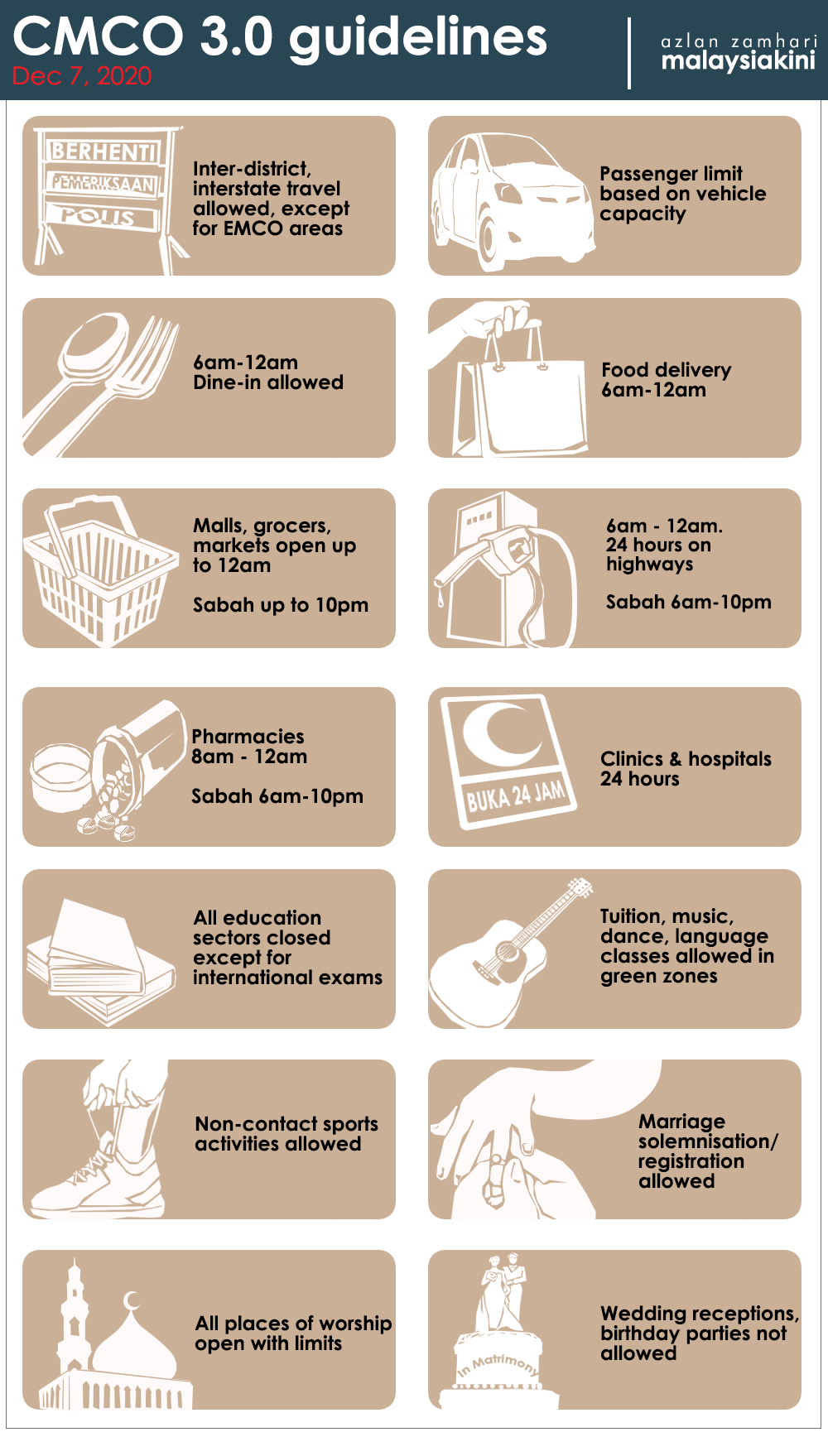
Source: MalaysiaKini
Follow us on Instagram, Facebook or Telegram for more updates and breaking news.


